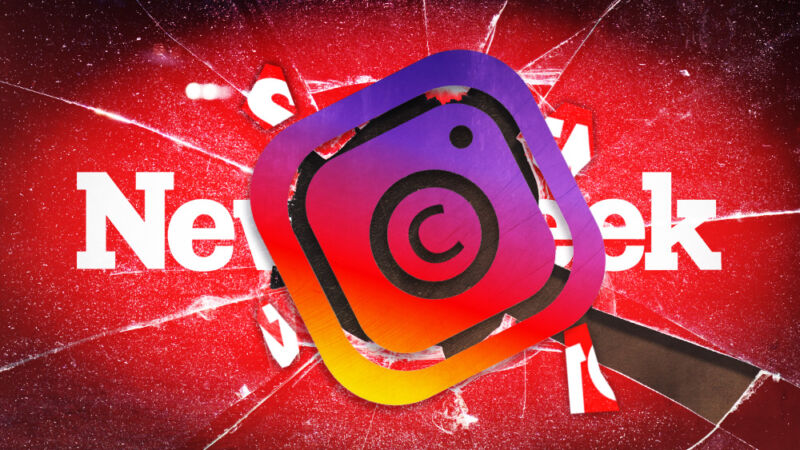
An anonymous reader quotes a report from Ars Technica:
Instagram does not provide users of its embedding API a copyright license to display embedded images on other websites, the company said in a Thursday email to Ars Technica. The announcement could come as an unwelcome surprise to users who believed that embedding images, rather than hosting them directly, provides insulation against copyright claims. “While our terms allow us to grant a sub-license, we do not grant one for our embeds API,” a Facebook company spokesperson told Ars in a Thursday email. “Our platform policies require third parties to have the necessary rights from applicable rights holders. This includes ensuring they have a license to share this content, if a license is required by law.”
In plain English, before you embed someone’s Instagram post on your website, you may need to ask the poster for a separate license to the images in the post. If you don’t, you could be subject to a copyright lawsuit. Professional photographers are likely to cheer the decision, since it will strengthen their hand in negotiations with publishers. But it could also significantly change the culture of the Web. Until now, people have generally felt free to embed Instagram posts on their own sites without worrying about copyright concerns. That might be about to change. Instagram’s announcement follows a recent court ruling where photographer Elliot McGucken sued Newsweek for copyright infringement for embedding his post on their site without permission. “Newsweek countered that it didn’t need McGucken’s permission because it could get rights indirectly via Instagram,” reports Ars Technica. “Instagram’s terms of service require anyone uploading photos to provide a copyright license to Instagram – including the right to sublicense the same rights to other users. Newsweek argued that that license extends to users of Instagram’s embedding technology, like Newsweek.”
“But in a surprise ruling (PDF) on Monday, Judge Katherine Failla refused to dismiss McGucken’s lawsuit at a preliminary stage,” the report adds. “She held that there wasn’t enough evidence in the record to decide whether Instagram’s terms of service provided a copyright license for embedded photos.”
The report goes on to note that courts have previously “ruled against plaintiffs in embedding cases based on the ‘server test,’ which holds that liability goes to whomever runs the server that actually delivers infringing content to the user – in this case, Instagram.” It adds: “Instagram’s decision to throw users of its embedding API under the bus makes the server test crucial for cases like this.”